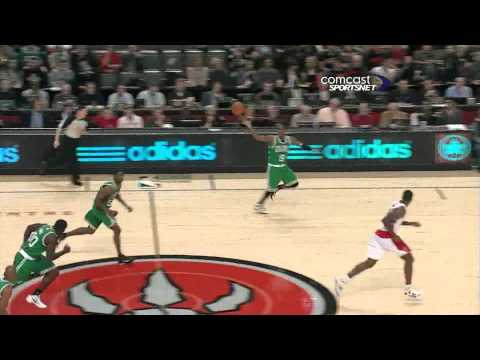With a simple statement last Thursday, ECU athletic director Jeff Compher threw the Pirates’ hat into the ring for the latest round of Big 12 expansion talk.
— East Carolina Pirates (@ECUAthletics) July 21, 2016
You can hardly blame Compher, and by extension ECU, for making their intentions known. The allure (read: money and power) of the Power 5 is simply too big of an opportunity to pass up. And with pretty much everyone else seemingly on the block for the Big 12, ECU doesn’t want to get left behind in what would be the skeletal remains of the AAC. But that’s not to say there wouldn’t be some drawbacks for the Pirates. Let’s dive into the pros and cons of ECU joining the Big 12.
Pros
The Power 5 – The first and obvious benefit to joining the Big 12 is that ECU would see a bump in prestige, both short and long term. It opens the Pirates up to new opportunities. Major bowl tie-ins (including the CFP), storied programs to welcome to Greenville, and the caché that comes from being in a Power 5 conference. With all the changes going on at ECU, both on the field and off, a shift to a Power 5 conference would raise the profile of the program in the eyes of the country at large.
Money – It’s no secret economics runs college athletics, so I’m not breaking any news. When estimates show that ECU could potentially earn millions with a move to the Big 12, the push to do so begins to make more sense. After a $10 million exit penalty from the American, the Pirates would gain back around $25 million per year just from the Big 12’s media rights. That alone would almost be worth it, but then you consider ticket revenue, advertising, boosters and everything else that would be burgeoned with Big 12 membership, the move would become a cash cow. Too bad the players wouldn’t see any of it, but that’s a story for another time.
Exposure – With prestige and money comes exposure. The Big 12 has national TV partnerships with FOX and ESPN, which equal prime TV exposure on major networks. That means more eyeballs on the Pirates’ on-field product, which has a major impact on recruiting and the athletic department’s bottom line.
Cons
Competition – The biggest hurdle the Pirates would face upon entering the Big 12 would be a major step up in competition. That’s not to say that the AAC is a cakewalk, but facing Oklahoma, TCU and Texas week in and week out would be challenging. I know ECU has built a reputation for slaying giants, but the week in, week out grind of travel, the Big 12 playing style, and matching up with elite programs makes things a little more complicated.
Travel – This would be another inconvenient aspect of being in the Big 12, but it would be far from a deal breaker. I mean, it’s not like ECU would be traveling to Norman, Austin or /shudders Lubbock by bus. Still, alternating trips from Greenville one week to halfway across the country the next would get tiresome after a while. WVU was the guinea pig for travel issues once it joined the Big 12 in 2012, but they’ve shown that even though it’s inconvenient, they can still make it work. ECU would be in the same boat were it to join the conference, but with all of the positives that would come with it, I don’t think they’d mind a few long flights.
–––
Essentially, this whole thing boils down to this question: would ECU be better off in the Big 12? The answer is a resounding “yes,” not just because of the athletic boost they would get, but also because of the economic and esteem boost. It’s too good of an opportunity to pass up, which is why Compher, the university, the Greenville City Council and both the Attorney General and Governor of North Carolina have all shown support and why Compher officially applied for Big 12 membership on Thursday. By and large, athletic departments are always going to act in their own self-interest. If an opportunity to better itself comes up, they’re going to take it. Everything surrounding the move, including the ridicule, is just noise.
Yes, getting added to the Big 12 is a long shot, but ECU being proactive is the necessary move.
The worst that could happen is that the Big 12 says no.
Add The Sports Daily to your Google News Feed!
